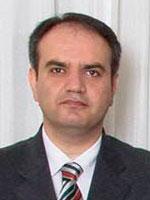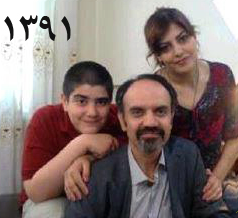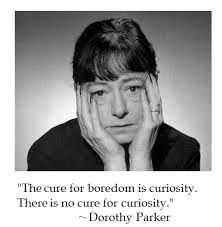My bride and I don’t think of ourselves as old. (Well, not old old.) I run around with athletic teens and 20-somethings, and that can make me feel a tad creaky and lardaceous by comparison, but still. We did celebrate (and celebrate) a significant anniversary last month, which compels us to accept that, while we can still find some giddy in our good coupling luck, we’re not exactly newlyweds. We felt like it at certain August moments, which for me was like dozens of non-fattening banana splits in one hand-delivered magic box.
Days back, during my ongoing organizing and an attempted material purge, I ran across the quote below from writer Jerome K. Jerome. I had long ago photocopied it (and its accompanying sentimental snapshot of an elderly couple) from somewhere onto coloured sheets of paper I used to use for something that we dinosaurs used to call “letter writing”. I have a whole stack of them. It makes me want to write letters to people! (Confession: I even have stamps.) With a little new-fashioned research, I easily found that Jerome’s comments on love and marriage – I hadn’t known the source – came from an early 20th-century play of his.
It’s the sort of play whose subtitle has a subtitle, whose dramatis personae includes “Mrs. Sharpe”, “Miss Kite”, “Mrs. Tompkins”, and The Major (“Troublesome creatures, these girls! Troublesome creatures!”). There is a mysterious Stranger, who quickly becomes everyone’s confidante. A young man is described as a “cheerful bounder” – now there’s a word we’ve lost, if we ever really had it in the Colonies – and another is said to speak with “gallant jauntiness”. (Jaunty! Don’t you think we should be, in general, more — and more frequently — jaunty?)
Enough preamble to the prologue:






